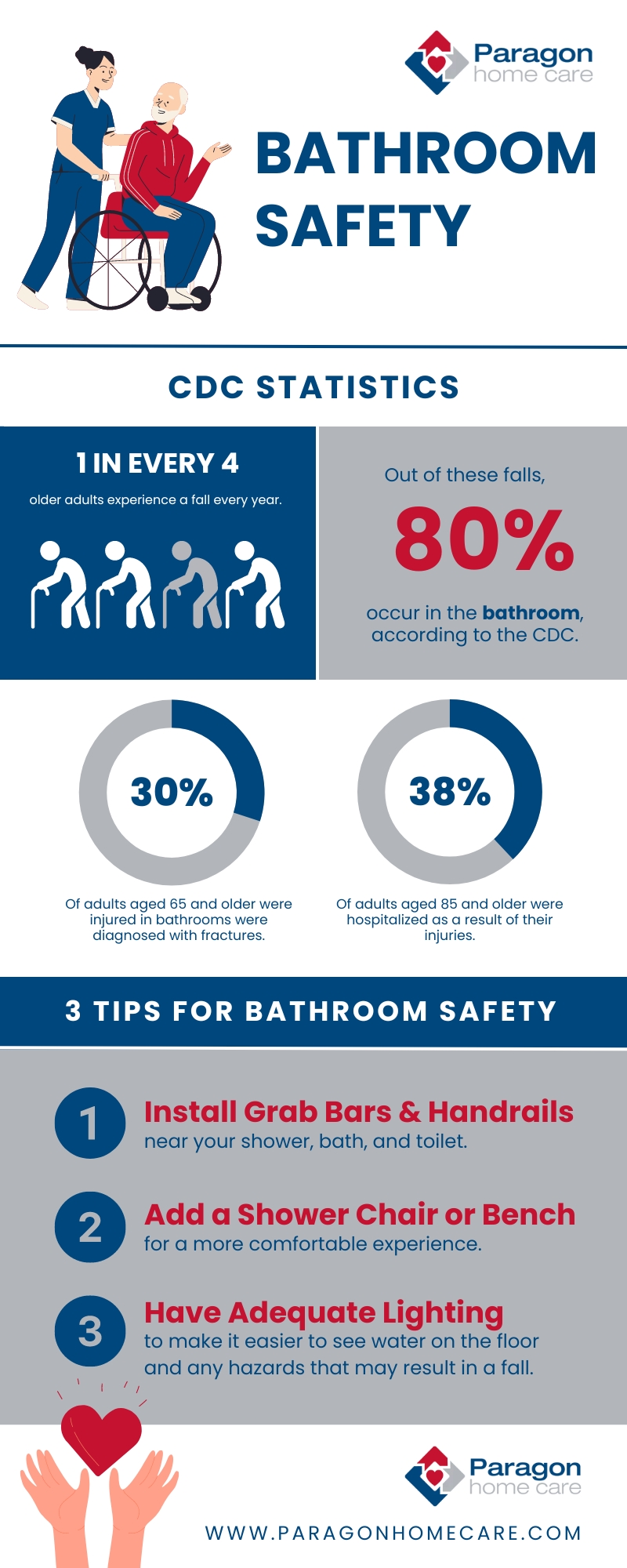Many of us desire to stay in our own home for as long as possible. Aging in place is now a popular choice for seniors, but careful consideration needs to be taken for safety, daily routines, and getting out and about when living at home. A thorough home safety assessment can help you make modifications and make the environment safer for aging. Here, we will share our essential safety tips for aging to help you or your loved ones remain home for as long as possible.
Assessing the Home Environment
One of the first considerations for aging in place is whether your home environment suits you to remain here for the upcoming years. Common hazards to look for are steps, tripping hazards, uneven surfaces, walls with nothing to grip onto, and fixtures or storage too high to reach. The best way to ensure that your home is appropriate for aging is to hire a professional to conduct a thorough evaluation. They will know what to look for and be able to identify high-risk areas. Following the assessment, you will receive a list of recommendations for modifications to your home that you can make to improve safety and your overall quality of life.
Fall Prevention
Falls are one of the top types of accidents we see among seniors who are aging in place. To avoid falls, you’ll want to clear clutter from your home and ensure all pathways are free from obstacles. Many hoard items for years at home, adding unnecessary clutter to our space. Finding suitable storage away from pathways for these items or getting rid of them will reduce the chances of an accident.
On top of that, you’ll want to secure loose rugs, carpets, and cables and install handrails and grab bars along walls. Key areas to add handrails include the bathrooms and along staircases, where we see most accidents happening. In your bathrooms and kitchen, you’ll also want to add non-slip mats and ensure the flooring you have isn’t a hazard for slips, trips, and falls.
Bathroom Safety
The bathroom is naturally an area where the chances of a fall are high due to the water used in the appliances. Install grab bars and handrails in suitable positions near your shower, bath, and toilet. A shower chair or beach is a valuable addition, and there are many benefits to sitting while showering. You’ll find that the shower experience is much more comfortable and that you won’t be worried about falling over while washing. Ensure your bathroom has adequate lighting to see water on the floor and any hazards that may result in a fall. Ensure you always put the lights on even in the middle of the night to avoid an accident in this room.
Kitchen Safety
Another high-risk room in your home is the kitchen. We recommend organizing your most frequently used items so that they are easily accessible each day. Keep items within easy reach so you don’t need to rely on step stools. Consider fire safety measures in the kitchen if you still wish to cook. Smoke detectors are critical to alert you about smoke and fire in the home, and a fire extinguisher should always be kept on hand in case of an emergency,
Bedroom Safety
Try to have a bedroom on the first floor of your home and all your key living spaces on the same floor where possible. Your bed must be kept at a comfortable and safe height and checked for stability to avoid falls. Ensure you have easy access to essential items you may need at night, and keep a phone, flashlight, and medication within reach. Have nightlights and a clear pathway to get in and out of bed in the night, installing nightlights to illuminate the path to the bathroom so that you don’t have to worry too much about getting up in the middle of the night.
General Home Modifications
In addition to these room-specific modifications, we recommend making a few general updates to your home. Improve the lighting throughout your home by using bright, non-glare lighting. Try to install lever-style door knobs and faucets, as these are easier to operate for anyone with more limited hand strength or arthritis. While some seniors shy away from technology, smart home technology devices can benefit. Monitoring devices and emergency alerts can help you feel safe and secure in your home at all times, especially if you live alone or with someone sick.
Emergency Preparedness
Aging in place is a great way to spend more time in your home, where you feel safe and comfortable. However, you should always be ready for any potential emergency. Keep emergency phone numbers easily accessible and create an emergency exit plan in case of a fire or another type of emergency. If you have concerns about your health, a medical alert system may be worth investing in. On top of that, all seniors should go for regular health check-ups to ensure their vision, hearing, and overall health are good enough to keep living at home. The sooner you identify any health concerns, the easier it will be to get treatment and continue enjoying your life.
While aging in place is something that many seniors are keen to do, you need to ensure you take the suitable measures to modify your home for your safety. By taking these proactive measures, you can reduce the chances of slips and falls and have a plan in place in case of an emergency. For support with a home safety assessment, contact Paragon Home Care. We can perform an assessment and connect you with a certified Aging in Place contractor.
About Paragon Home Care
Paragon Home Care has been a trusted provider of personal and companion care services for senior citizens in Northern Virginia since 2013. We aim to help you and your loved ones with our exceptional services, including aging-in-place.
Paragon serves our community through various services, including Personal and Companion Care, Care Management, and Medical Director Services for Home Care, as well as Transportation Assistance and our Paragon Neighbors Program.
If you’re interested in getting started with Paragon Home Care, don’t hesitate to call us at (703) 942-8950 or to schedule a complimentary assessment. We look forward to serving you and your loved ones with their aging-in-place needs.


